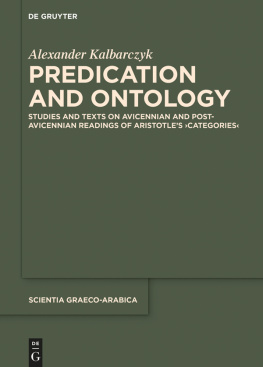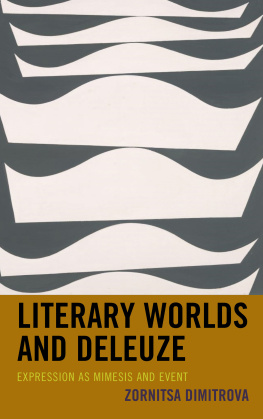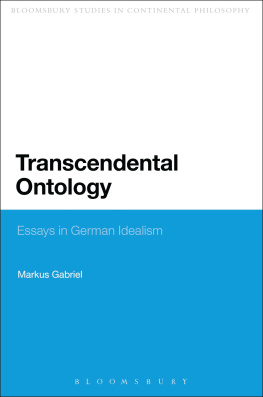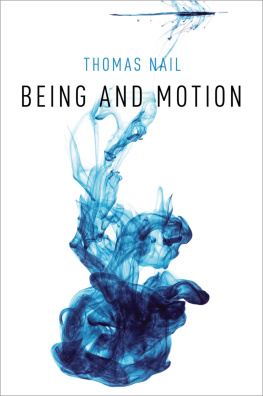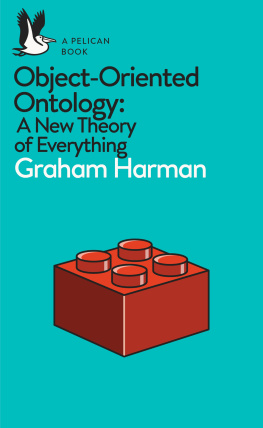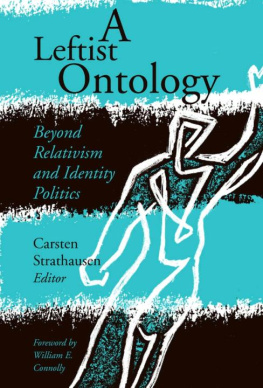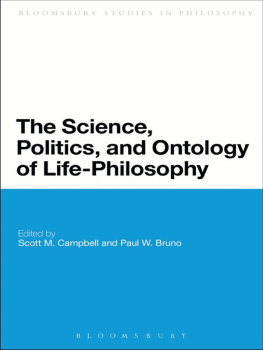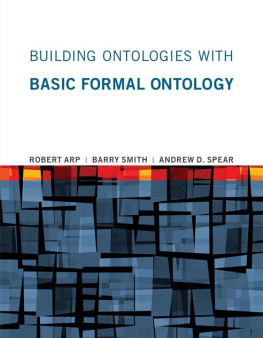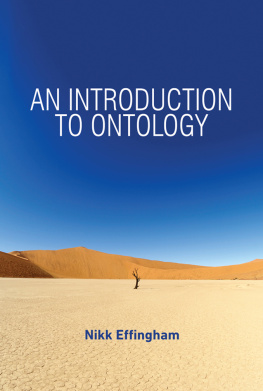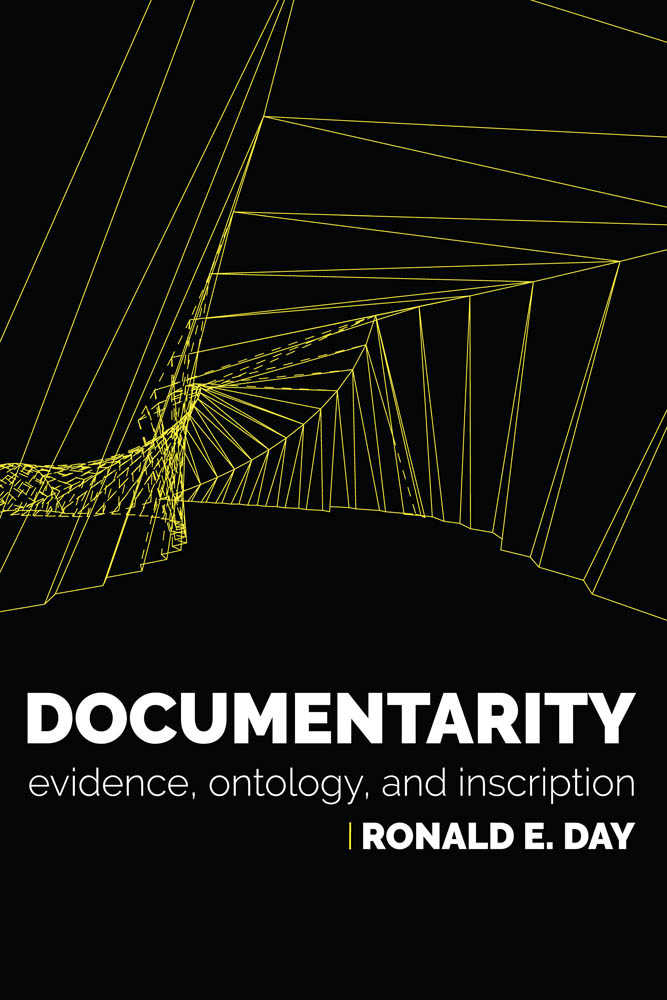
Documentarity
History and Foundations of Information Science
Edited by Michael Buckland, Jonathan Furner, and Markus Krajewski
Human Information Retrieval by Julian Warner
Good Faith Collaboration: The Culture of Wikipedia by Joseph Michael Reagle Jr.
Paper Machines: About Cards & Catalogs, 15481929 by Markus Krajewski, translated by Peter Krapp
Information and Intrigue: From Index Cards to Dewey Decimals to Alger Hiss by Colin B. Burke
Indexing it All: The Subject in the Age of Documentation, Information, and Data by Ronald E. Day
Bibliometrics and Research Evaluation: The Good, the Bad, and the Ugly by Yves Gingras
Search Foundations: Toward a Science of Technology-Mediated Experience by Sachi Arafat and Elham Ashoori
The Information Manifold: A New Perspective on Algorithmic Bias, Fake News, and the False Hope That Computers Can Solve These Problems by Antonio Badia
Documentarity: Evidence, Ontology, and Inscription by Ronald E. Day
Documentarity
Evidence, Ontology, and Inscription
Ronald E. Day
The MIT Press
Cambridge, Massachusetts
London, England
2019 Massachusetts Institute of Technology

This work is subject to a Creative Commons CC BY-NC-ND license. Subject to such license, all rights are reserved.
Publication of this open monograph was the result of Indiana Universitys participation in TOME (Toward an Open Monograph Ecosystem), a collaboration of the Association of American Universities, the Association of University Presses, and the Association of Research Libraries. TOME aims to expand the reach of long-form humanities and social science scholarship including digital scholarship. Additionally, the program looks to ensure the sustainability of university press monograph publishing by supporting the highest quality scholarship and promoting a new ecology of scholarly publishing in which authors institutions bear the publication costs.
Funding from Indiana University made it possible to open this publication to the world.
This book was set in Stone Serif and Stone Sans by Jen Jackowitz. Printed and bound in the United States of America.
Library of Congress Cataloging-in-Publication Data is available.
ISBN: 978-0-262-04320-5
10 9 8 7 6 5 4 3 2 1
ISBN: 978-0-262-04320-5
Retail e-ISBN: 978-0-262-35603-9
Library e-ISBN: 978-0-262-35602-2
d_r1
Of would be a difficult person to like.
Carla Harryman, 1992
There are no fungibles in nature.
Rom Harr, 2018
Contents
I am very grateful to my editor at the MIT Press, Gita Devi Manaktala, for her support of this book, her patience with its extended writing time, and her superb choice of reviewers. And I am grateful for the anonymous reviewers of this book for their work; their insights and labor greatly assisted me over several revisions. Without them, this book would have been much less. Id like to acknowledge Michael Buckland, Maurizio Ferraris, Geoffrey Bowker, and Johanna Drucker for their many years of research works and for conversations with them, which have greatly contributed to this project. In Michaels case, Id like to also thank him for reading the manuscript in various stages, as well. Id like to thank Neal Thomas for his insightful and learned works, which have helped me better understand post-documentation technologies. Id like to thank Clovis Ricardo Montenegro De Lima and Marcia Heloisa Tavares de Figueredo Lima for hosting me in Rio de Janeiro during several visits, which led to my discussion of the right to truth in chapter 6. Id like to thank my family, Jiangmei Wu and Dexter Wu-Corts, and my friend Claire McInerney, for their personal support during the writing of this book, Dr. Scott Breeden for his friendship and keeping me fit during its composition, and Reine Melvin for her friendship and support while I researched Suzanne Briets works in Paris. The writing of this book was supported by small grants from the Association for Information Science and Technologys (ASIS&T) History and Foundations of Information Science special interest group and from the Rob Kling Center for Social Informatics at Indiana University at Bloomington, for which I am grateful. This work was (partially) funded by the Office of the Vice Provost of Research and the IU Libraries. Id like to thank the series editors, of which this book is a part, Michael Buckland, Jonathan Furner, and Markus Krajewski, for all their work and consideration of this text in their series. Id like to thank Judith M. Feldmann of the MIT Press and Michael Goldstein for their production work and copyediting of this book. Id like to thank the librarians at Indiana University at Bloomington libraries for the absolutely wonderful library they maintain, without which I could not have researched this book. And last, I would like to thank the readers of this book for taking time out of their lives in order to consider what I have written.
I
This book crosses philosophical ontology and documentary ontology, trying to understand different genres, technologies, modes of inscription, and innate powers of expression by which something comes to appearance as what is. Instead of approaching information ontologically (what is information?) it approaches ontology informationally, asking how something becomes evident and is taken as evidence of what is. It is a story of some of the inscriptional means for this, which will become clear by the end of the book, are not only information and knowledge technologies, but in the last resort, also technologies of judgment. What are judged are entities as to their identities, qualities, and actions, not just descriptively, but prescriptively.
I call the philosophy of evidence documentarity, and I am interested in how this philosophy of evidence constitutes Western (cultural and disciplinary) philosophy as the Western metaphysical tradition, largely understood as a representational tradition in its epistemology, ontology, aesthetics, and politics. Documentarity is the philosophy of what comes into presence and makes itself evident, foremost in representation. The purpose of this book is to describe documentary evidence, and so, documentation, within a tradition of Western metaphysics, and so, largely, representation (though to do so I have traced the outer limits and contrary epistemologies and ontologies of such, as well). The study of documentarity is the study of technologies of judgment at the level of ontologyin this case, what and how what is appears to us as such.
This book discusses the expression of beings or entities as evidence of what is, from ancient categories to medieval figures to modern documentation and modern literature to sublime and dispositional expressive powers, and finally, to social networks and machine learning. Documentarity is the philosophical basis of the practice and theory of documentation; it is traditionally understood as representational in various manners. Documentation is the foundation for much of what we call information, today, and its philosophical commitments shape our understanding of all manners of expression, from institutional documents to published opinion and even to literature and the other arts, too. Seen from a contemporary perspective, therefore, this is a book about information as truth and how this evolves within a traditiondocumentation and its originary philosophy of documentaritywhere truth is seen in the appearance of what is, through inscription, and foremost through, and as, representation.
Next page

